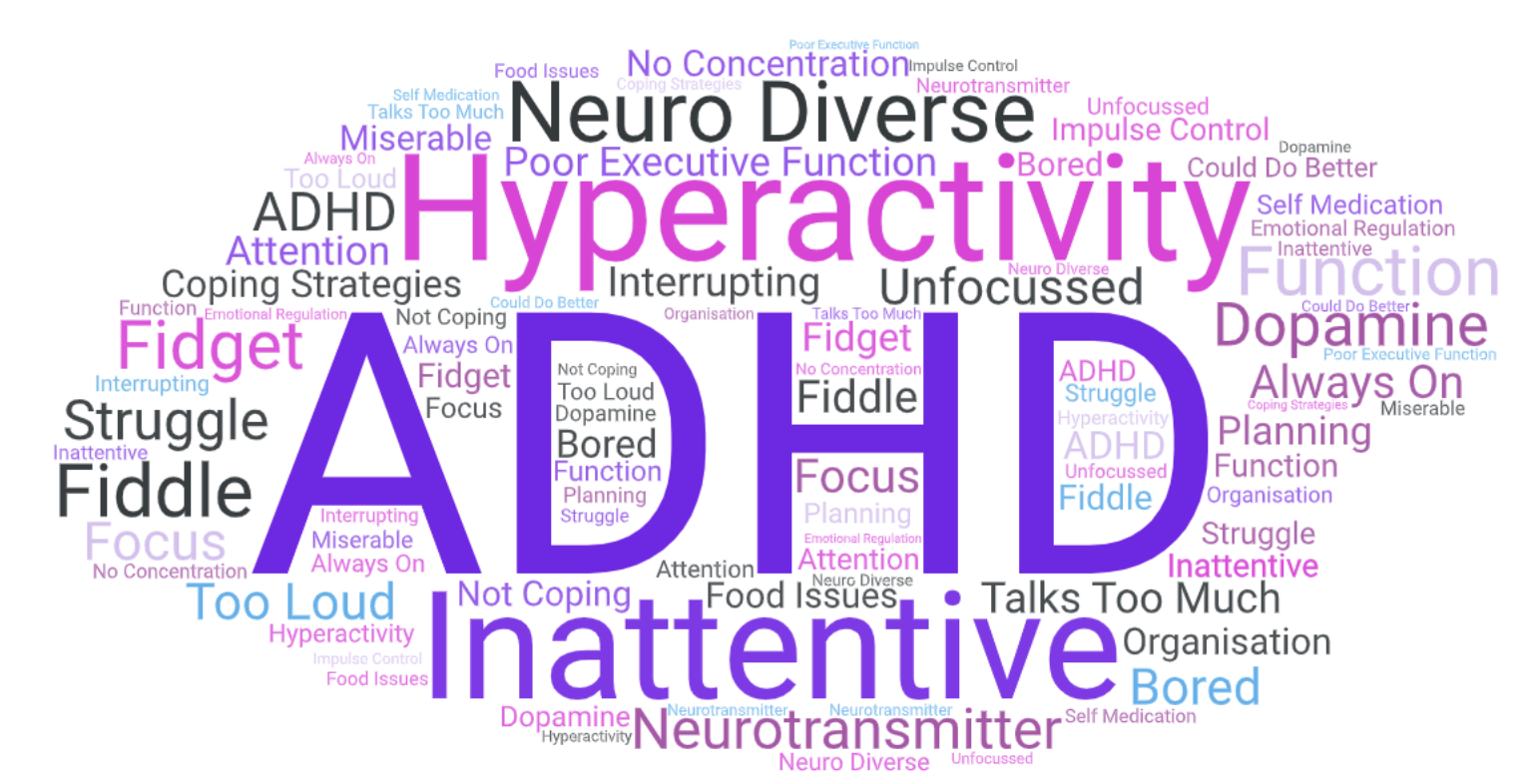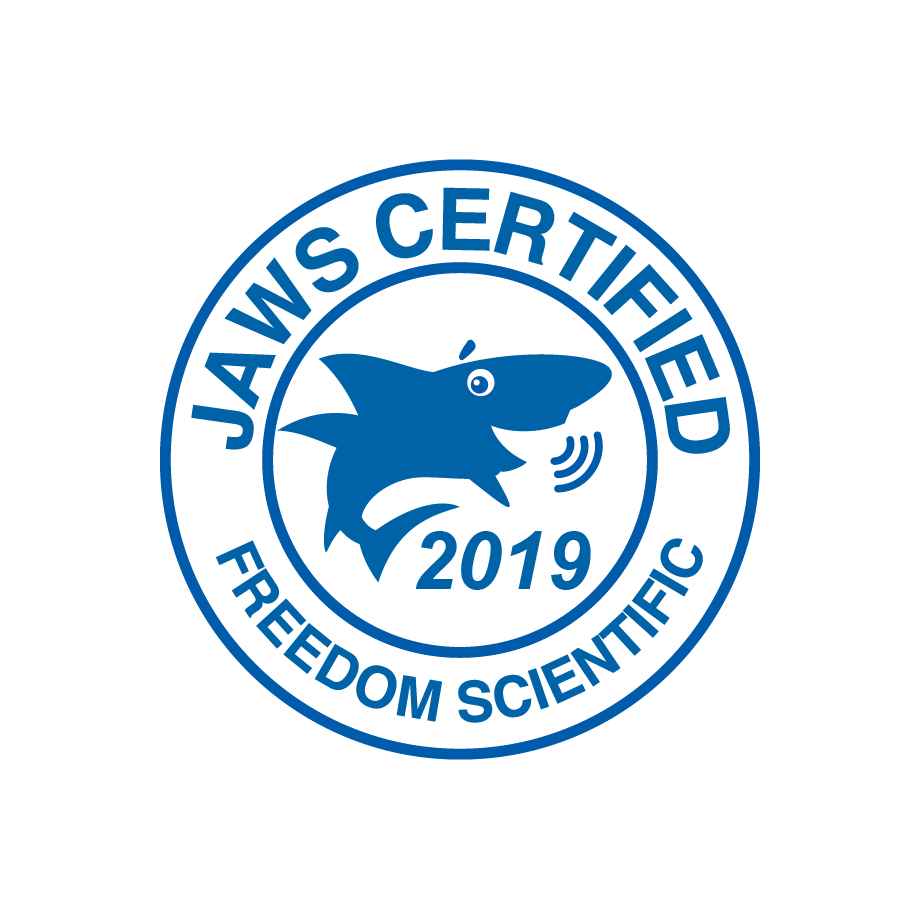

As an Assistive technology training provider we see trainees with a variety of needs but we see more dyslexic trainees than any other disability or neuro-diversity. Given how severely dyslexia can affect some people they are often inspiring in their determination to succeed in education or work and sometimes we meet someone exceptional.
This week we were working with a trainee who has such severe dyslexia that they were unable to read and write when they finished their primary education and attended a Special Needs school. During their secondary education they were taught mainly life skills rather than academic subjects and reading and writing continued to be a problem. When attending college a teacher took a special interest in this student and got them reading and writing well enough to pass GCSEs and continue their education.
We are seeing this trainee as part of the Access to Work scheme, they are now a graduate recruit in a large organisation. Yes, from being barely able to read and write at 16 they have now completed a university education and secured a great entry level position. But they continue to struggle with writing and lack confidence in their writing skills.
As well as workplace coaching this trainee has been given voice recognition software (Dragon NaturallySpeaking) and we are teaching them this software. They are already familiar with voice recognition as they dictated all of their university essays using the built in voice recognition on their phone. Now that is quite some achievement! This person truly shows great determination and fantastic problem solving skills and will be an asset to their team.
We were asked if we thought they would always need help from software. They were quite down about the idea that this would be the case and this struck us as odd. Surely one day EVERYONE will be using AT software, it's becoming mainstream all the time. We have voice recognition on our phones, it's built into Word and Google. Word can now read back our work as well as checking the spelling and grammar. In fact the spelling and grammar checking tools are something that most people rely on. Alexa can read any book in our kindle library and we can add documents to that library.
What does the future hold for us and AT, will we see everyone dictating instead of typing? Listening to documents instead of reading them? The latter is a great way of learning and of maximising our use of time, after all we can listen when driving or cooking the dinner both times when we can't read.
One area of AT software that people shy away from is the recording software, we can all record on our phones and using software we can be adding notes to the recording and even images. It's a great tool and is commonly used by students in universities yet most school teachers wouldn't want a lesson to be recorded and in offices, people are reluctant for meetings to be recorded. Why are we so afraid of the recordings when we happily have minutes written down? We are used to constantly hearing "this call may be recorded for monitoring and training purposes" so why not have our meetings recorded. The recordings could be distributed to anyone unable to attend and would need to be treated with the same confidentiality as written records. It's an area to thing about.
We hope our trainee starts to view his use of AT in a more positive light. AT software is just one of the tools in the workplace and nobody should be ashamed to rely on it, we rely on tools daily to perform our jobs so we should all just appreciate them for what they are and not worry about how others view them.

